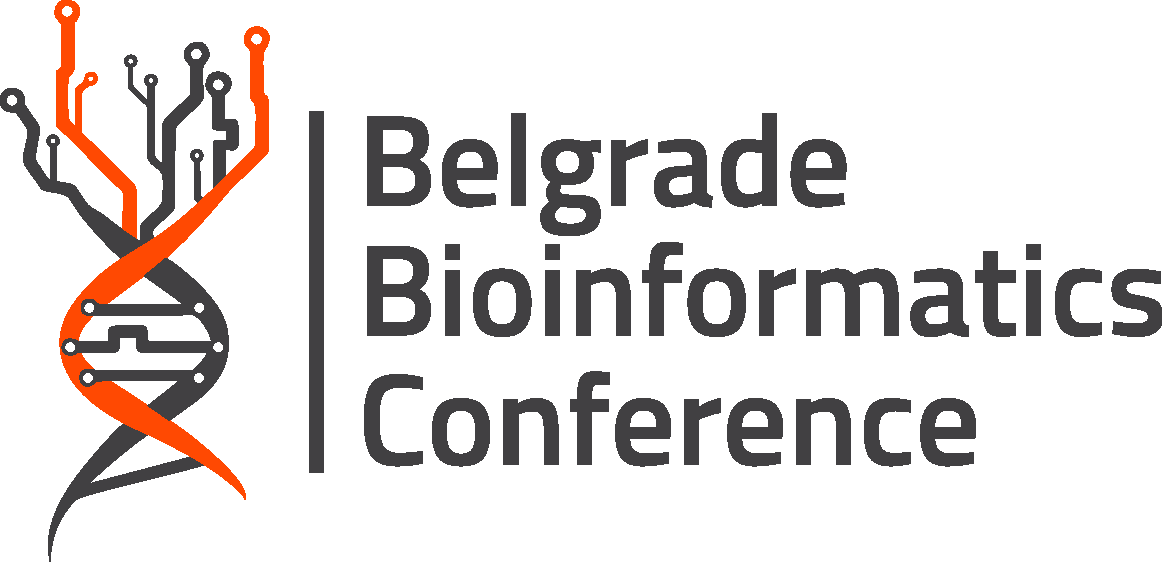Vladislav Shilenok1, Anna Dorofeeva1*, Irina Shilenok1, Ksenia Kobzeva1, Olga Bushueva1,2
1 Laboratory of Genomic Research, Research Institute for Genetic and Molecular Epidemiology, Kursk State Medical University, Kursk, Russia
2 Department of Biology, Medical Genetics and Ecology, Kursk State Medical University, Kursk, Russia
annadorofeeva1809 [at] gmail.com
Abstract
Сardiovascular diseases (CVDs) represent a significant global health burden, claiming over 20 million lives annually according to the World Heart Federation. While considerable progress has been made in understanding the molecular pathology of CVDs, significant knowledge gaps persist. Given the pivotal role of chaperones in cellular function and disease, there is growing interest in exploring their involvement in CVDs. We aimed to conduct a bioinformatic analysis to investigate the cardiovascular contributions of genes encoding heat-resistant obscure (Hero) proteins with chaperone activity.
The study included genes encoding Hero: C9orf16, C11orf58, SERBP1, SERF2 and C19orf53. Various bioinformatic resources, including SNPinfo Web Server, The Cerebrovascular Disease Knowledge Portal (CDKP), The Cardiovascular Disease Knowledge Portal (CVDKP), HaploReg, rSNPBase, RegulomeDB, atSNP, Gene Ontology, QTLbase, Blood eQTL browser, were employed to annotate the cardiovascular relevance of Hero proteins and their genes.
All analyzed genes, except for BEX3, exhibit high regulatory potential of tagSNPs. Hero genes are expressed in cardiovascular and neural tissues, with their expression potentially modulated by cis-eQTL effects. Interestingly, certain tagSNPs also influence the expression of genes associated with CVDs. Additionally, we observed correlations between Hero gene tagSNPs and methylation levels of CpG sites, particularly in blood and brain cells, via cis-mQTL effects. Moreover, these tagSNPs significantly influence binding with transcription factors involved in key biological processes implicated in CVD pathogenesis, including vasculogenesis, response to oxidative stress and hypoxia, inflammation regulation, cytokine production, apoptosis, neurogenesis, and neurodifferentiation. Our bioinformatic analysis suggests that genes C9orf16, C11orf58, SERBP1, SERF2, and C19orf53 play roles in various subtypes of ischemic stroke and the severity of stroke, intracranial hemorrhage, coronary artery disease/myocardial infarction, peripheral artery disease, and hypertension. Additionally, we identified various intermediate phenotypes influenced by these tagSNPs, such as lipoprotein levels, dyslipidemia, body mass index, and atrial fibrillation.
Our findings provide compelling in silico evidence of Hero-proteins’ involvement in CVDs and their intermediate phenotypes, highlighting their potential significance in heart and vessel disease pathogenesis.
Keywords: Hero (heat-resistant obscure) genes; SNP; functional annotation; cardiovascular diseases
Acknowledgement: This research was funded by the Russian Science Foundation (22–15–00288).

